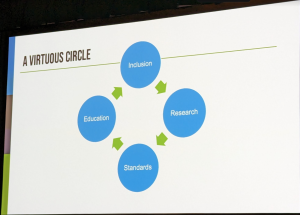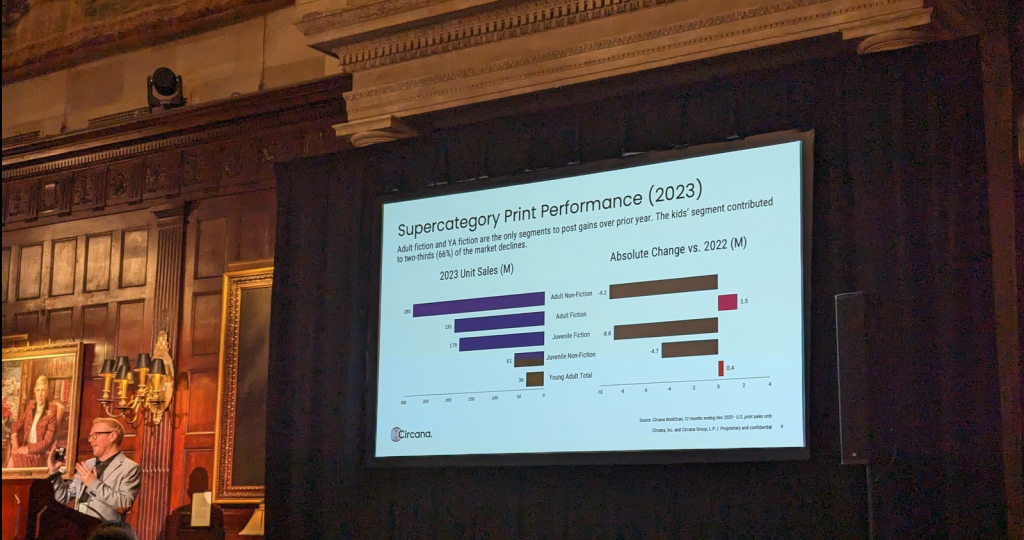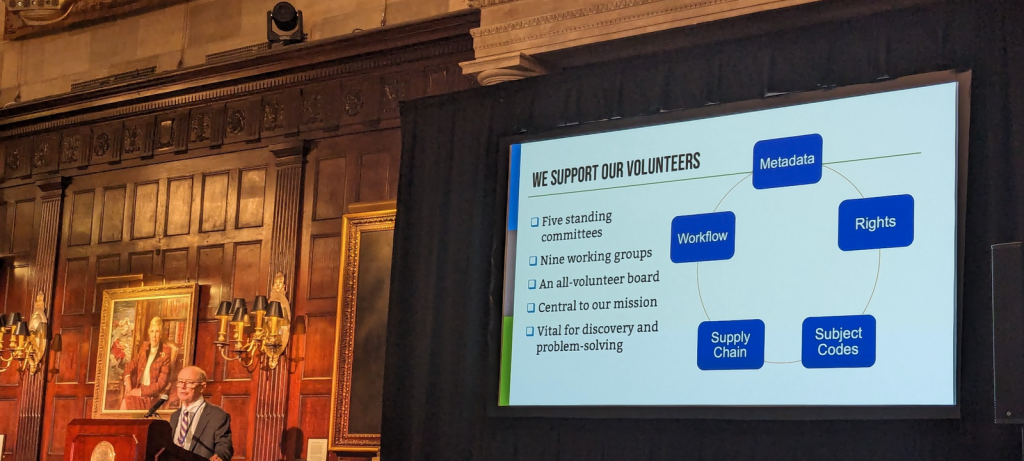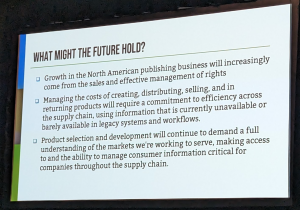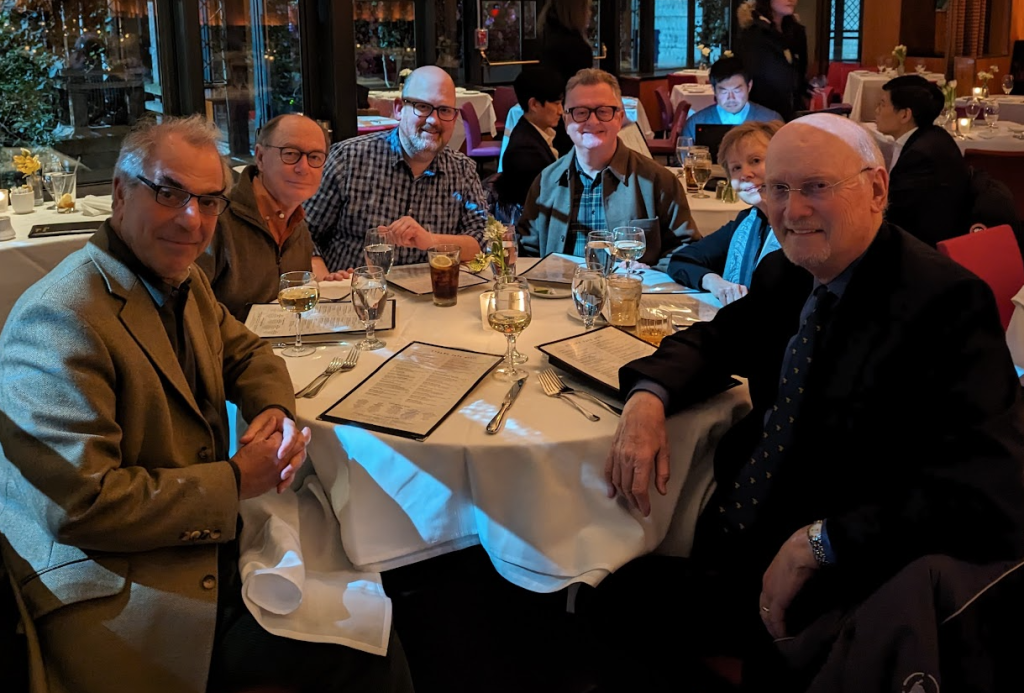Westchester Publishing Services participated and was an exhibitor during the Association of University Presses Conference which took place in Montreal, June 10-14, 2024. This was the first in-person annual meeting since 2022 and turnout was respectably strong. Here are some of the insights shared by Bill Foley and Hugh Shiebler, who were in attendance.
 There were many topics covered during the conference session and in discussions among attendees in the exhibit hall and elsewhere. While everyone’s conference experience is different, these two themes seemed to continually feature in the conversations we were having with clients and fellow attendees:
There were many topics covered during the conference session and in discussions among attendees in the exhibit hall and elsewhere. While everyone’s conference experience is different, these two themes seemed to continually feature in the conversations we were having with clients and fellow attendees:
Accessibility – with the European Accessibility Act coming into force about a year from now, this is understandably a very hot topic. Publishers have a relatively small window of time to figure out the best way to balance the needs of the EAA and prioritize the titles within their backlist that need to be updated to adhere with the guidelines. As a Benetech-certified vendor, we have been having a lot of conversations with publishers about how to adapt their workflow to make frontlist “born-accessible” and ways they can effectively manage converting backlist content to meet accessibility requirements. Along these lines, you may be interested in the webinar, “Path to eBook Accessibility” on July 10, hosted by Ingram Content Group, with the panel including Michael Johnson from Benetech, Richard Orme of DAISY, Cathy Felgar from Princeton University Press, and Westchester’s Tyler M. Carey.
AI – This vowel combination is dominating conversations everywhere you turn and not surprisingly, it received a considerable amount of attention at the conference. While there are some proponents who are excited about the potential it offers, the general sentiment about artificial intelligence among people within the AUP community is highly skeptical. Understandably, with the proliferation of fake books being sold on sites like Amazon, there are practical concerns about the ability for AI to ingest copyrighted materials without attribution, consent, or compensation, risking reputational and financial harm for authors and publishers. AI is evolving at a very rapid pace and discussion about where to draw the boundaries from ethical, legal, or financial standpoints will continue for the foreseeable future. In April the Stationers’ Company, with support from Westchester hosted the webinar “Artificial Intelligence and Its Impact on Rights and Intellectual Property” which explored some of the complex challenges the publishing industry is encountering.
While these situations get sorted out, Westchester will continue to be here to support university press and academic publishers as they shepherd their content through the publication lifecycle. When assessing your next season’s list of new titles, backlist materials, or content acquired content from another entity, let us know how we can guide you through your editorial, production, design, or digital conversion challenges. We’re here to help, so Contact Us to talk about how we can make this a less cumbersome process for your press.

 Submitted by: Scott Keeney, Director, Production and Customer Service
Submitted by: Scott Keeney, Director, Production and Customer Service
 Submitted by: Deb Taylor, Chief Operating Officer
Submitted by: Deb Taylor, Chief Operating Officer
 Submitted by: Christina Jones, Resource Manager, Westchester Education
Submitted by: Christina Jones, Resource Manager, Westchester Education
 Submitted by: Kevin Schroeder, Director, Client Solutions, Westchester Education
Submitted by: Kevin Schroeder, Director, Client Solutions, Westchester Education
 Submitted by: Julie Willis, Editorial Director & Systems Lead, Westchester Publishing Services UK
Submitted by: Julie Willis, Editorial Director & Systems Lead, Westchester Publishing Services UK
 Submitted by: Tyler M. Carey, Chief Revenue Officer
Submitted by: Tyler M. Carey, Chief Revenue Officer
 Submitted by: Nicole Tomassi, Marketing & Conference Manager
Submitted by: Nicole Tomassi, Marketing & Conference Manager